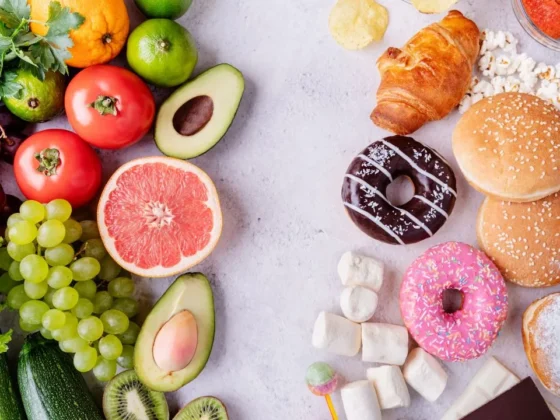People who loves baking and fitness freaks are always on the lookout for some new and innovative ingredients. One such ingredient that is gaining popularity is coconut flour. Coconut flour for example is becoming very popular these days. Coconut flour is from dried coconut meat, and it is a fantastic gluten-free alternative to traditional wheat flour. It not only offers numerous health benefits but also brings a unique flavor to your baked goods, making it an excellent choice for your evening baking sessions.
Health Benefits of Coconut Flour
Coconut flour is not just a substitute for those avoiding gluten but it is also packed with nutritional benefits:
1. High in Fiber: Coconut flour is incredibly high in dietary fiber, which aids in digestion and helps maintain healthy blood sugar levels.
2. Low in Carbs: This flour is low in carbohydrates, making it a great option for those following a low-carb or ketogenic diet.
3. Rich in Protein: For a plant-based flour, coconut flour offers a good amount of protein, supporting muscle health and repair.
4. Healthy Fats: It contains medium-chain triglycerides (MCTs), which are known for boosting metabolism and providing quick energy.
Baking with Coconut Flour
Using coconut flour in your baking requires some adjustments. Here’s how you can get the best results:
1. Understand the Absorption: Coconut flour is highly absorbent. You will need to use less flour and more liquid compared to traditional wheat flour. A good rule of thumb is to use about one-fourth to one-third of the amount of coconut flour as you would wheat flour.
2. Add More Eggs: To balance the moisture and structure, increase the number of eggs in your recipe. For every one cup of coconut flour, use six eggs.
3. Combine with Other Flours: If you’re not strictly gluten-free, you can mix coconut flour with other flours like almond or rice flour to achieve a better texture.
Evening Recipes
Coconut flour useful and can be used in a variety of recipes. Here are some ideas for your next evening baking:
1. Coconut Flour Pancakes: Light and fluffy, these pancakes are perfect for a quick and healthy dinner option. Top them with fresh fruits and a drizzle of honey for added sweetness.
2. Coconut Flour Cookies: These cookies are a delightful treat. Add dark chocolate chips or nuts for extra flavor and texture.
3. Coconut Flour Banana Bread: A healthier take on a classic, this banana bread is moist and flavorful, making it an ideal evening snack.
4. Coconut Flour Muffins: Packed with nutrients, these muffins can be also made with blueberries, nuts, or even a hint of cinnamon.
Tips
To guarantee your baking with coconut flour is successful, keep these tips in mind:
1. Measure Carefully: Because coconut flour is so absorbent, accurate measurements are important. Use a kitchen scale for the best results.
2. Let Batter Rest: Allow your batter to sit for a few minutes before baking. This gives the coconut flour time to absorb the liquids properly.
3. Experiment and Adjust: Don’t be afraid to twist your recipes. Coconut flour behaves differently, so it might take a few tries to get the perfect consistency.
Coconut flour is a wonderful gluten-free alternative that can elevate your evening baking. Its health benefits, combined with its unique properties, make it a versatile ingredient worth exploring. Whether you’re making pancakes, cookies, or muffins, coconut flour can add a delightful twist to your favorite recipes.











